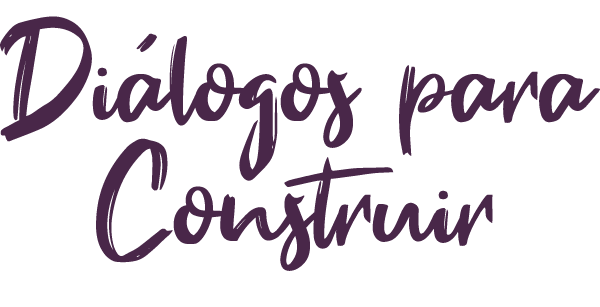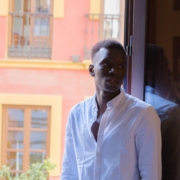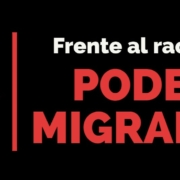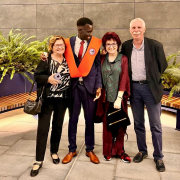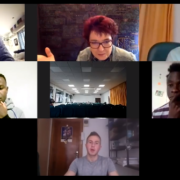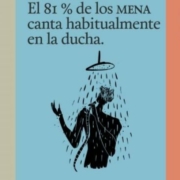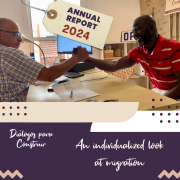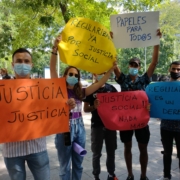What does it mean to work from a UNIQUE perspective for Diálogos Para Construir?
Since the beginning of our activity at Diálogos Para Construir —both with the migrant community and with the host community—, we have been committed to a form of action centered on the subject. In the case of migrants, the consideration of this subjectivity becomes an exceptionally relevant issue. It is easy to mistake the person in front of us for a stereotyped image, given that today’s society induces us to accept biases without us being aware of it on many occasions.
Moving from “surviving” to having “a life project” is not an easy task for migrants; it is not just a matter of resilience. It is not only about all the traces left by the beginning of their migratory process, but also about the integration of all the traces left by the process of insertion in a society where everything is new and which in principle treats them as strangers. A place where nothing is known and nothing is understood upon arrival, in most cases starting with something as basic as language.
Knowing that each psyche is unique, our proposal is to learn to work from an individual look, being aware that each person has been built differently and that, probably, our not attentive look is leading us to fall into common places that are nothing more than learned constructions.

How can we understand individuality?
Those of us who decide to work with the migrant community always keep in mind concepts such as “integration”, “inclusion”, “equality”, “personalized treatment”, etc. Experience tells us that, more often than we would like, we allow ourselves to be carried away by the mainstream. This is why we believe it is important to reinforce and live these concepts.
The first condition would be to accept our cultural and personal difficulty of putting ourselves in the place of a person from another culture who, in addition, has most likely suffered a trauma. In other words, to accept that, despite good intentions, we are looking at them with our Western eyes of a so-called “first world”. There is much written about concepts such as “interculturality” and this is not the place to delve into this. However, it seems appropriate to comment on different ways of looking, of relating to each other.

From a monocultural perspective we act as if there were only one culture —our own— which is therefore the only one and consequently prevents us from seeing the Other. From an ethnocentric perspective we do see other cultures, but from our coordinates; this is where the “them and us” begins, and where, as a result, conflicts begin. More developed is the view from the aforementioned —and very polysemic— concept of interculturality. It could be summarized by saying that here differences are tolerated as long as they represent progress. Traditional beliefs are not valued. It is about moving forward, change is good, and personal identity and self-esteem are based on making changes, something that we think can generate a lot of adaptive pressure.
But there is another kind of relationship that cuts across cultural differences. We dare not call this transculturality, there is a lot of confusion with this concept. But we can say that it is that unique relationship, which by appreciating both differences and similarities, requires a commitment to coordinate shared meaning with others, “the Others”, beyond progress and change. Including both the other person’s unique existence and one’s own, such an optic generates a space in which different types of human beings coexist in relation to each other in the same world.

At Diálogos Para Construir we think that the way of approaching the migrants we work with should be from a UNIQUE VIEW in the terms we have just defined. An approach in which elements that may seem paradoxical must coexist. Therefore, the ability to identify, assume and coexist with complexity seems to us a primordial issue to take into account.
On a personal level, a required willingness to be open can jeopardize our sense of individuality within a relationship/communication. It will require a balance in the tension generated between holding our beliefs and values and being open to other people’s beliefs and values at the same time.
Working on individuality would imply being able to understand all these things and identify the different manifestations in each accompanied migrant person.
We are convinced that acquiring ANOTHER WAY OF LOOKIMG is possible! At Diálogos Para Construir we are committed to continue learning, and to put this approach into practice in all our relationships.
